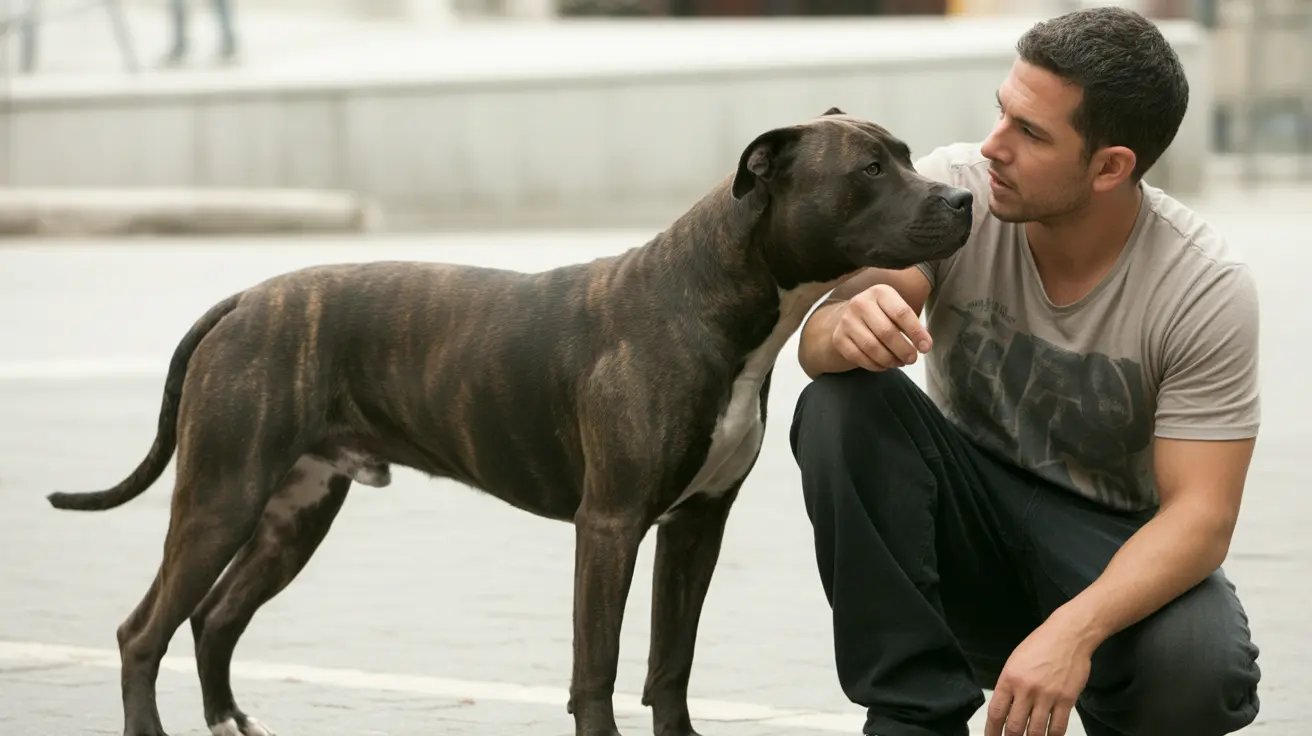What Happens to Dogs When They Die?
The loss of a dog can feel like losing a family member. It's a moment that brings up questions about what truly happens when our beloved companions pass away. People look for answers in science, spirituality, and personal experience—each offering its own perspective.
Scientific Perspective
From a scientific standpoint, there's no evidence that animals experience an afterlife. Most scientists agree that consciousness stops with biological death. The existence of a soul in animals isn't proven or disproven by science. Still, many grieving owners find comfort in their own beliefs, whatever those may be.
Religious and Spiritual Beliefs
Different faiths and cultures have unique views on the fate of dogs after death:
- Christianity: The Bible distinguishes between humans and animals, stating only humans are made in God's image. Some passages (like Isaiah 11:6-8 and 65:25) mention animals in visions of the world to come, hinting at a place for them but not making it doctrine. Catholic teaching typically says animals don't go to heaven, though some leaders express hope for reunions with pets.
- Buddhism & Hinduism: Both religions teach that all beings—including dogs—are subject to cycles of reincarnation. A dog's soul could be reborn based on karma from past lives.
- Other Traditions: Some spiritual beliefs hold that pets linger as spirits near loved ones or send signs before moving on.
The Rainbow Bridge and Cultural Narratives
The "Rainbow Bridge" is a comforting story popular among pet owners. It describes a peaceful meadow where pets wait for their humans after death—a concept inspired by poetry and old myths like the Norse Bifrost bridge. This idea helps many picture their pets as happy and healthy until they're reunited someday.
Signs That Dogs Are Nearing Death
- Behavioral changes: depression, confusion, withdrawal, or seeking more comfort—or sometimes solitude.
- Physical changes: loss of appetite or thirst, weight loss, reduced mobility, incontinence, labored breathing or coughing (especially with chronic illness).
- Disengagement: some dogs isolate themselves; others want constant company.
After passing away, rigor mortis sets in within hours. Loss of bladder or bowel control is common.
Natural Death vs. Euthanasia
A natural death is rarely peaceful for dogs—it can mean days of pain due to organ failure or breathing trouble. Many vets recommend humane euthanasia when suffering can't be managed. This usually involves sedation followed by an injection that brings a painless end.
What To Do When a Dog Dies
- If your dog passes at home, confirm death; if unsure, contact your vet immediately.
- Your veterinarian can guide you through aftercare options like cremation or burial.
- Treat the body respectfully: wear gloves and wrap your dog in a blanket or towel. If you can't arrange immediate care, keep remains cool to slow decomposition.
- If burying your dog at home, check local laws first and dig at least three feet deep to prevent disturbance by wildlife.
- Cremation is common; ashes may be kept in urns, scattered, or buried.
Grieving and Coping
Mourning a dog's death can feel just like grieving any loved one. Sadness, longing, even guilt are normal reactions. Rituals—funerals, memorials, keepsakes—can help bring closure. Support from friends or bereavement groups makes a big difference. Children especially need help understanding that death is permanent and it's okay to feel sad.
The Response of Other Pets and Family Members
Other pets may grieve too—they might search for their lost companion or become withdrawn themselves. Families should support each other through this time; everyone grieves differently.
Anecdotes and Experiences
Many share stories of sensing their dog's presence after death—hearing familiar sounds or feeling watched over. Some report dreams or subtle signs that bring comfort during grief. While these experiences are personal and subjective, they reflect the deep bonds we share with our pets.
Quality of Life & End-of-Life Decisions
- Veterinarians sometimes use a "Quality of Life Scale" to help owners decide if suffering outweighs joy for their dog (pain level, appetite, mobility).
If bad days outnumber good ones despite care efforts, euthanasia may be the kindest option available.
Honoring Each Loss
- Keepsakes (collars or toys)
- Memorial stones
- Trees planted in memory
- Photo albums or simply sharing stories
No single way exists to grieve or remember—a family's journey through pet loss is always unique.
Beliefs About the Dog's Spirit After Death
The question of whether dogs continue on as spirits divides opinion—some believe they wait in another realm; others see these feelings as part of grief itself. Ultimately it's up to each person (or family) to find meaning that brings peace while honoring the powerful connection shared with their dog.





